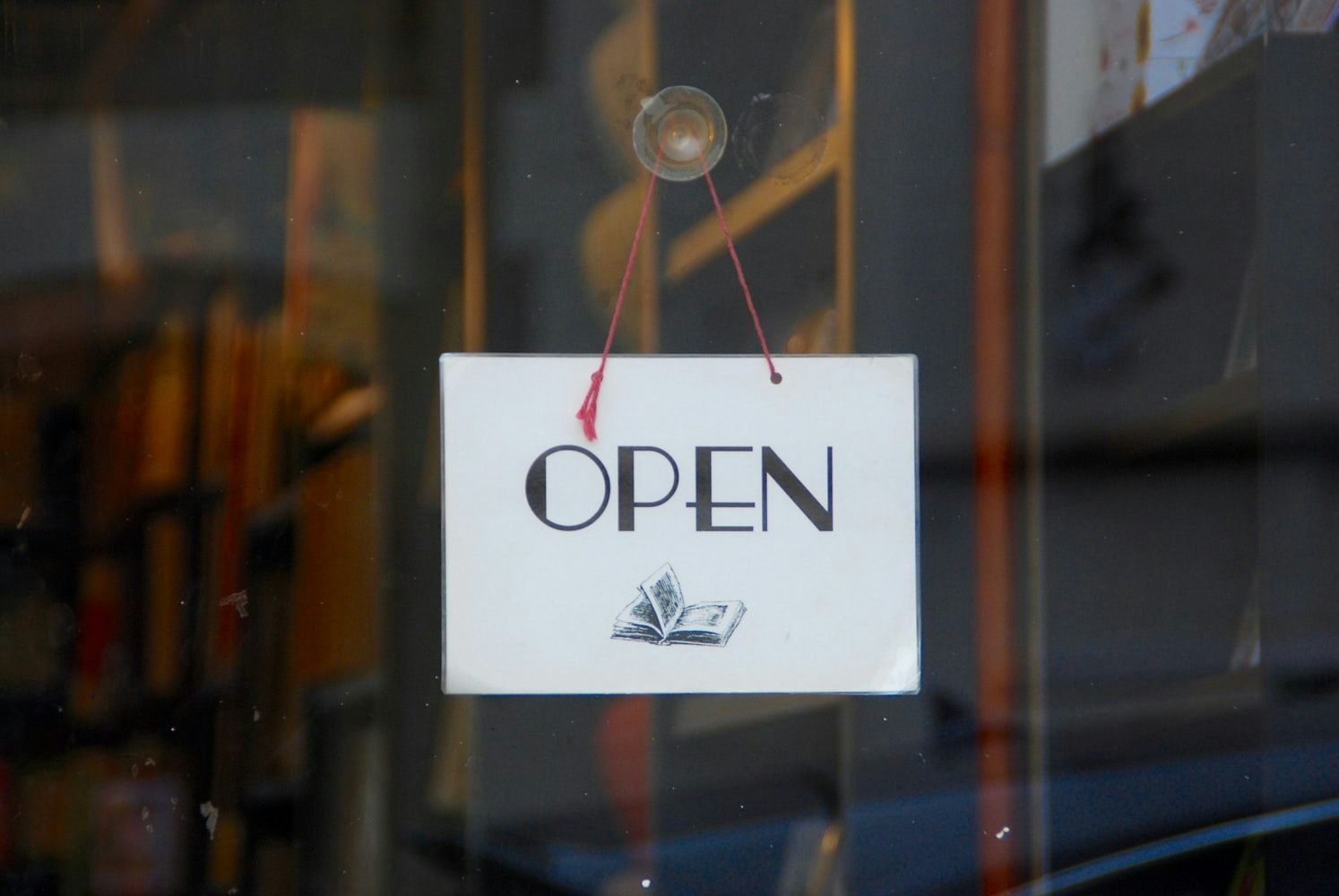Businesses around the country are beginning to slowly reopen, from restaurants to barber shops, after months of closure. But the impacts of the virus are far from over — with 75% of companies reporting supply chain disruptions, not to mention the price tag of sanitation, including both equipment and staff, it's safe to say the cost of doing business is pretty different than it was just a few months ago. That's why some businesses, especially reopening restaurants, are considering a "COVID-19 Surcharge." Read on to learn about what these surcharges pay for, how much they will be, and whether they might be right for you to put in place as a business owner.
What Do Surcharges Cover?
COVID-19 surcharges help businesses recoup some of the expenses from coronavirus without raising prices sharply. For restaurants, they cover the rising cost of food, whereas for other businesses they might cover the costs of sanitation and safety, like buying hand sanitizer, masks and gloves.
To run a business in the time of coronavirus is simply more expensive than it was before the pandemic, especially because of limited capacity requirements, and in order to stay afloat without gouging prices, shops and restaurants are passing those expenses on through the surcharge. Surcharges are also easier to manage than increasing prices, since they can be temporary and don't require reprinting menus or signage.
The surcharges have had mixed results--while some people are happy to pay a little extra to keep businesses open, many are frustrated by them. A recent poll by American Express found that 86% of consumers said that should their favorite local businesses start adding surcharges, they would shop somewhere else. It's important for business owners to consider how their customers will respond to a surcharge and be sure that its purpose is fully explained to the customer.
How Much Are The Charges?
Businesses are charging very different amounts in surcharges--some are using percentages, whereas others are using a fixed dollar amount.
A restaurant in Missouri added a 5% charge to every bill, which caused widespread controversy on social media, while a dentist in Florida is charging an extra $10 per patient for PPE (personal protective equipment).
Each business will have to decide for themselves what their surcharge will be based on the cost of business in their area and their customers' ability to pay. Supply chain disruptions, for example, do not impact all businesses equally and some will need to charge more than others.
But Michelle Friedman, executive director at nonprofit consumer advocacy group Elliott Advocacy, says that coronavirus surcharges of some kind may become "standard" in many parts of the country.
Should You Input a Coronavirus Surcharge?
If you're a business owner considering a coronavirus surcharge, the most important thing to consider is your customers' reaction. Customers do not react well to unexplained fees, so if you do put one in, you should explain very clearly what it covers, whether it is the cost of cleaning and sanitizing, increased prices on supplies, or even healthcare and paid leave for employees who may get sick from coronavirus.
It's possible that increasing prices will be more effective for you than a surcharge if you think customers will react poorly to an added fee on their bill, but if you think you will be able to bring prices back down relatively soon, surcharges are probably the better temporary solution. They also allow you to spread the increase across the board, rather than simply increasing the price of certain items more impacted by shortages sharply(and possibly turning customers away).
How much you charge is up to you, but it is best to be transparent with customers regardless of what you do. If you charge a 5% surcharge, you should explain why it is 5% more expensive for you to make your product or offer your services than it was before.
Running a business during a global pandemic isn't easy, but we are here for you. You can learn more about our services and how we are supporting small businesses here.

